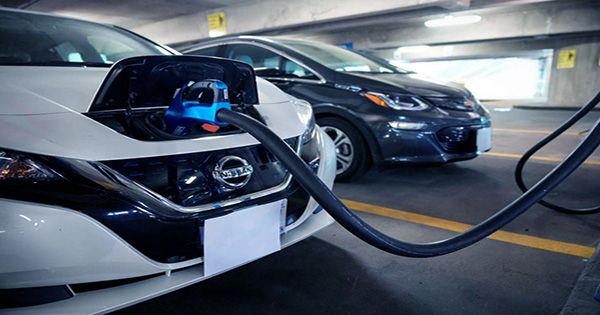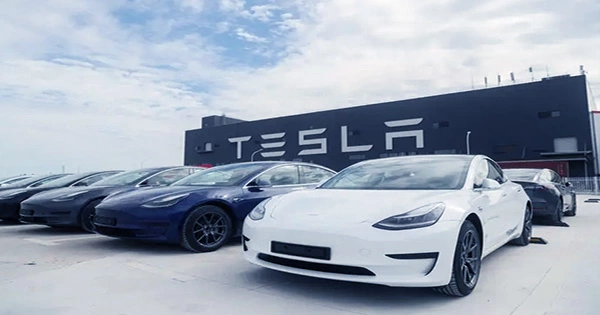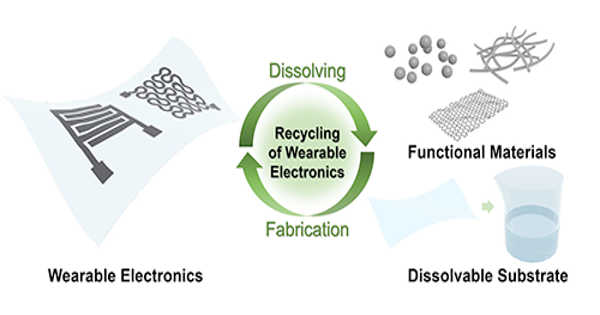In the case of motor vehicles it really seems like electric cars will be the future. As nations around the world put pressure on fossil fuels that contribute to the global climate crisis, renewables – and the innovations driven by them – are being embraced. Not surprisingly, however, electric cars have seen a huge adoption rate in recent years.
Car manufacturers are promising to fully develop them in the future as opposed to their fossil fuel-powered parts, and production has become cheaper and more efficient, lowering their prices.
Despite the recent leap, however, the price of electric vehicles is still significantly higher than traditional vehicles, which keeps many people from making switches. But that could all change very soon. According to a BloombergNEF survey, all electric vehicles will have the same price as fossil fuel-powered vehicles by 2027. The forecast, which set the date for 2024 to be more conservative than previous reports, predicted that falling batteries costs would put the space in place for the first time in just six years as a more environmentally friendly option in direct competition. “Reducing battery costs and developing optimized platforms BEV [battery electric vehicle] costs are rapidly declining Lead a high-volume optimal vehicle design, could be three times cheaper by 2025 than it is now.” The report says.
Many carmakers are in fierce competition to build cheaper electric vehicles, as high-profile companies such as Audi stop all development on combustion engines. Tesla, the only electric car maker to launch the scene with impressive technology at a competitive price, now has Toyota as the world’s top vehicle manufacturing company with a staggering ~ $800 billion cap compared to $200 billion.
It’s clear that many want a piece of the pie, but it remains to be seen whether other companies can compete. Although both the production of materials and electricity still make electric vehicles far from carbon-neutral, they are a much more advanced alternative than the emissions produced by combustion engines.
A meta-analysis of electric cars found that electric cars produced an average of 50 percent less emissions over their lifetime than a traditional car. Nowadays, it is better for the environment to buy a second hand car than a brand new electric car, but with the combustion engines running out of phases, perhaps the electric way can only move forward.
















